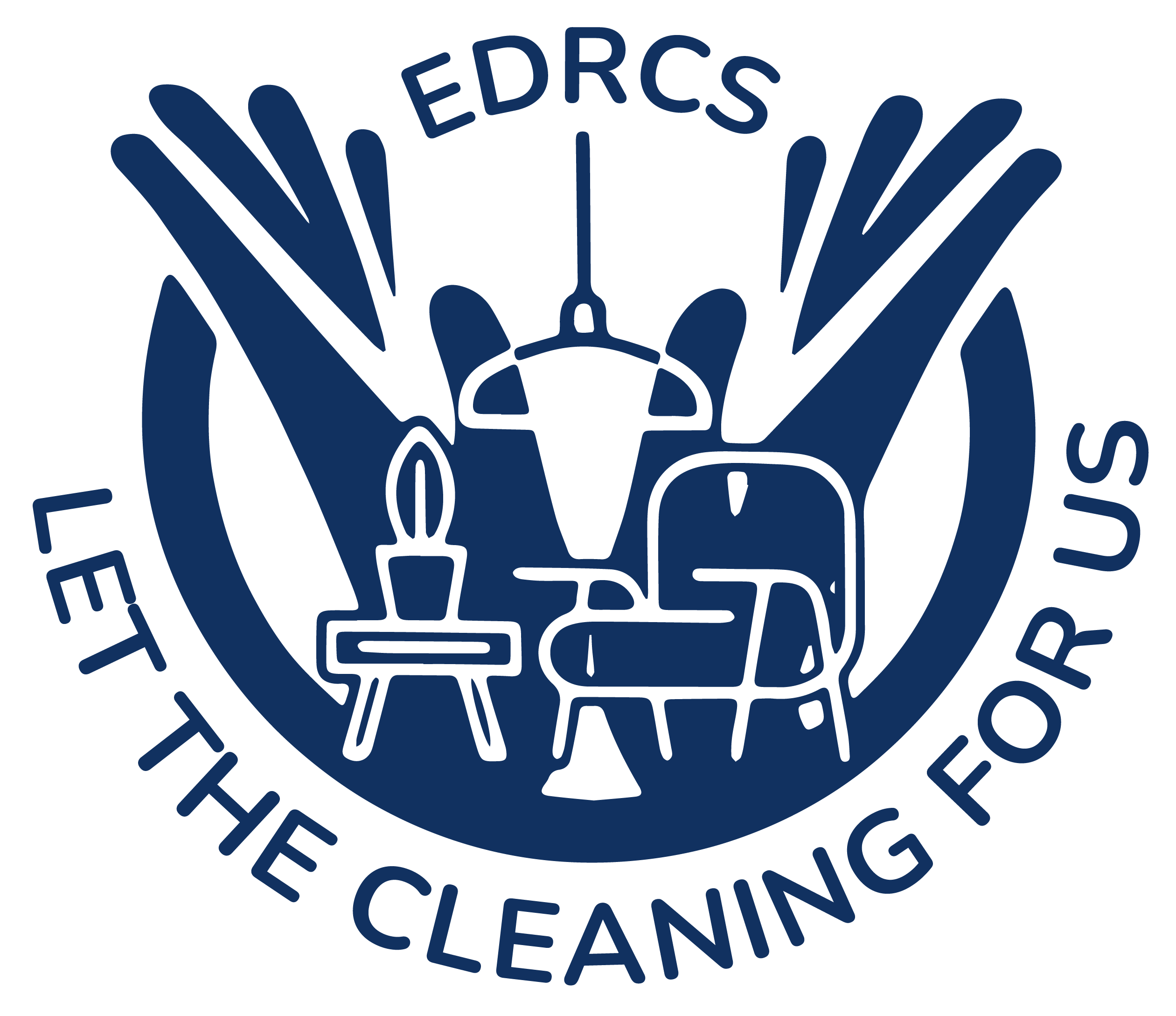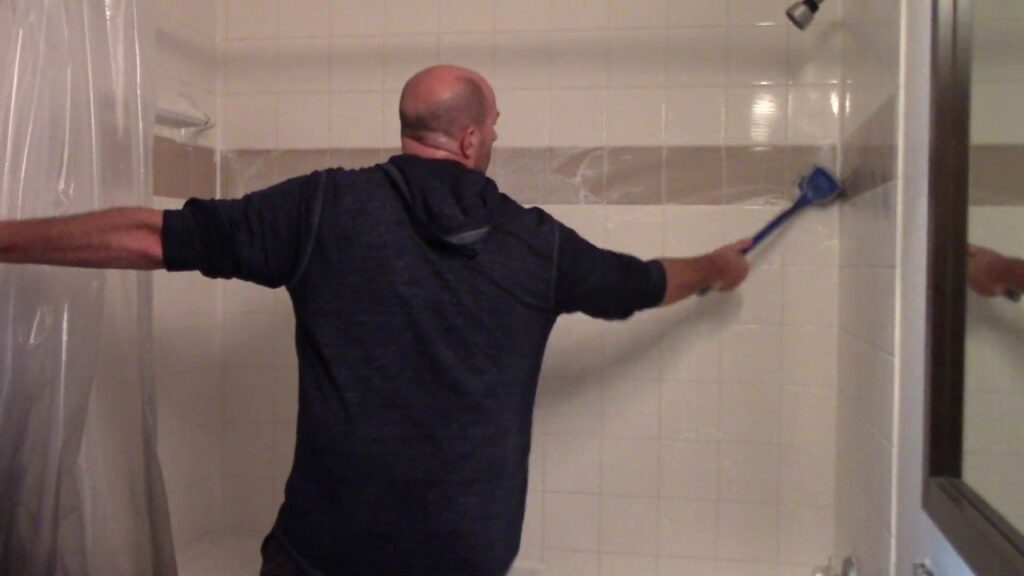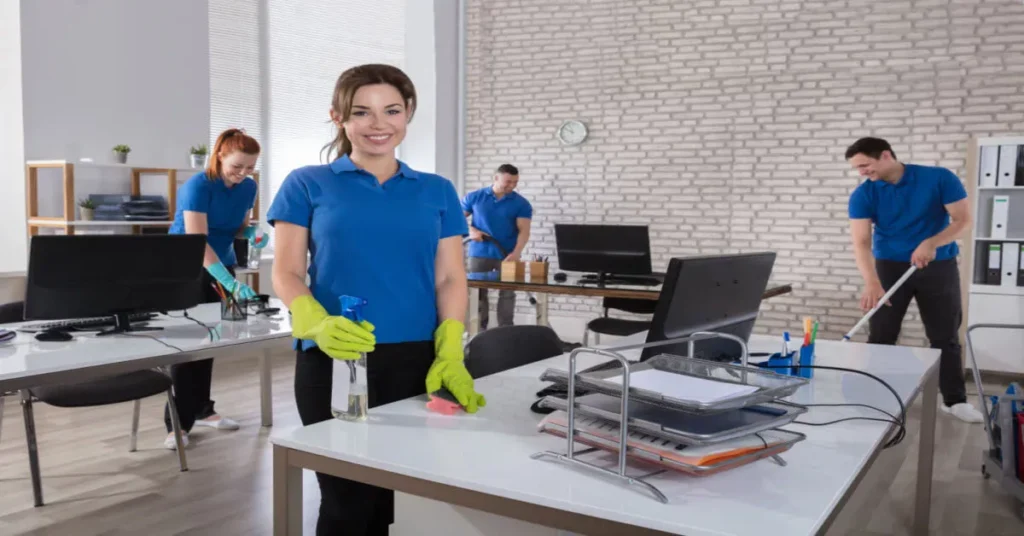After a construction project wraps up, the space—whether it’s a new home or a commercial building—needs a thorough cleaning before it can be fully used. But did you know there’s a big difference between residential and commercial post-construction cleaning? While both involve removing dust, debris, and leftover materials, the approach, scope, and tools required can vary significantly depending on the type of property. Let’s dive into what sets residential and commercial post-construction cleaning apart and why it’s important to select the right team for the job alongside with the help of Evolution Dr. Cleaning.
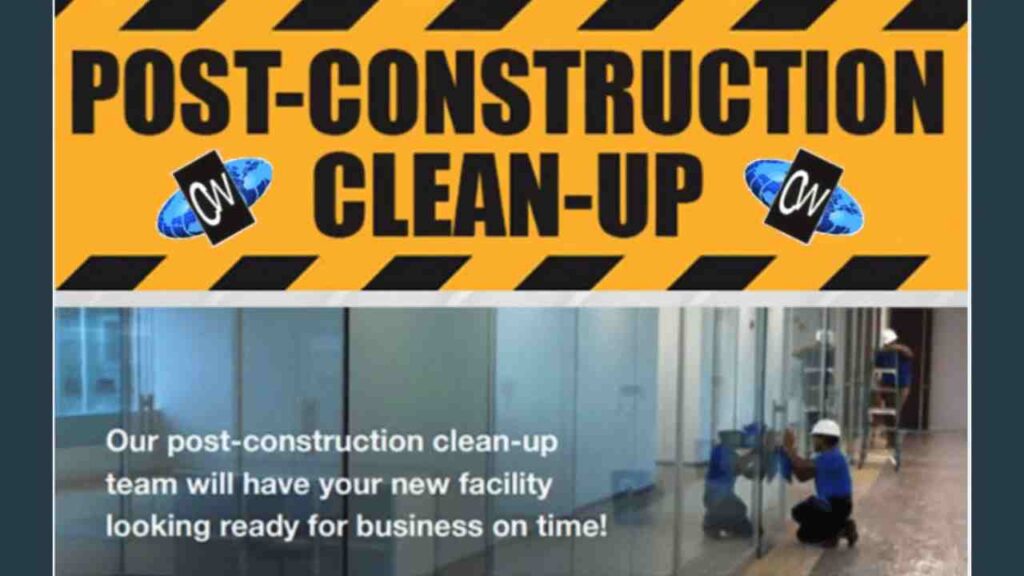
Whether you’re preparing to move into your dream home or getting a business ready for operation, understanding the differences in post-construction cleaning services can help you choose the right cleaning team. Each type of cleaning comes with its own set of challenges and specialized requirements. By knowing what to expect from post-construction cleaning services, you can ensure the job is done efficiently and thoroughly.
Scope of Work: Residential vs. Commercial Cleaning
The scope of work differs significantly between residential and commercial post-construction cleaning. Residential cleaning typically involves a smaller, more detailed approach, focusing on specific areas like bedrooms, kitchens, and bathrooms. Necessary post-construction cleaning for new homes ensures they are livable, requiring the removal of dust, debris, and construction materials from all surfaces, including floors, countertops, and windows. Commercial post-construction cleaning, on the other hand, tends to be much larger in scale. It involves cleaning expansive spaces such as offices, warehouses, and retail floors. The focus is often on making the property operational for business purposes, which might require heavy-duty cleaning of industrial materials or machinery, along with sanitizing public areas like lobbies, restrooms, and conference rooms.
Types of Materials and Debris to be Removed
Residential and commercial construction sites accumulate different types of debris. In residential settings, the debris often consists of dust, sawdust, drywall remnants, paint splatters, and small bits of construction materials like nails and screws. The emphasis is on making the home clean, comfortable, and free of any construction residue. The time post-construction cleaning takes in residential projects is typically shorter due to the smaller scale and lighter debris. Commercial sites, on the other hand, may contain heavier, more industrial debris. This can include large-scale packaging materials, industrial equipment remnants, or hazardous waste depending on the type of business. Commercial post-construction cleaning services are often required to manage waste disposal for materials that may not be typical in residential environments, such as chemical substances or heavy metals.
Cleaning Equipment and Tools Used
The tools and equipment used in residential post-construction cleaning differ from those in commercial projects. Residential cleaning typically relies on basic tools like vacuum cleaners, mops, microfiber cloths, and dusters. This type of cleaning requires attention to detail, ensuring no dust or debris remains on countertops, floors, or furniture. In contrast, commercial post-construction cleaning often demands heavy-duty equipment such as industrial vacuums, and specialized machines for cleaning large spaces. The types of buildings post-construction cleaning services cover in commercial settings can include offices, warehouses, retail spaces, and industrial facilities. High-powered scrubbers, steam cleaners, and sometimes even lifts are used to clean high ceilings or large windows.
Difference in Cleaning Standards and Regulations
Cleaning standards and regulations vary greatly between residential and commercial settings. In residential post-construction cleaning, the focus is on making the home clean and safe for occupancy, following local building and safety codes. Homeowners expect the space to be free from dust, debris, and hazardous materials, with a high level of attention to detail. Commercial post-construction cleaning is often subject to stricter regulations, especially in industries like healthcare or food services. Businesses must comply with health and safety standards that may require specific cleaning agents, sterilization techniques, or certifications for cleaning personnel. These regulations ensure that commercial spaces meet industry standards for sanitation and safety before being operational.
Time Required for Residential vs. Commercial Cleaning
The time required for post-construction cleaning can vary significantly between residential and commercial projects. Residential cleaning usually takes less time, often being completed within a day or two, depending on the size of the home and the extent of the work. Smaller spaces and fewer rooms make residential projects faster to clean, as there are fewer surfaces to cover. Commercial cleaning, however, is typically more time-consuming due to the scale of the building and the number of areas that need attention. Larger spaces, such as office buildings, retail stores, or industrial facilities, may require several days or even weeks of cleaning, especially when specialized equipment or techniques are involved.
Specialized Cleaning Techniques for Each Type
Different cleaning techniques are required for residential and commercial post-construction cleaning. In residential settings, detailed cleaning methods are employed to ensure that homes are left spotless. This often includes deep-cleaning carpets, scrubbing tiles, polishing surfaces, and ensuring that every corner is free of dust and debris. On the commercial side, cleaning techniques may vary based on the industry. For example, hospitals may require specialized sanitizing techniques, while retail spaces may need cleaning to handle large floor areas. Commercial post-construction cleaning may also involve the use of industrial-grade cleaning solutions and tools to manage larger spaces and remove tougher debris.
Health and Safety Considerations
Health and safety are critical aspects of post-construction cleaning in both residential and commercial settings, but they differ in complexity. In residential cleaning, the focus is on removing dust, allergens, and hazardous materials like nails, glass, or chemicals left behind during construction. Homeowners need a clean, safe environment to move into. In commercial settings, health and safety considerations are often more stringent. Depending on the type of building, cleaners may need to handle potentially dangerous substances, ensure proper ventilation, and adhere to occupational health and safety standards. Workers in commercial settings might require personal protective equipment (PPE) and specialized training to safely handle industrial-grade cleaning products and heavy equipment.
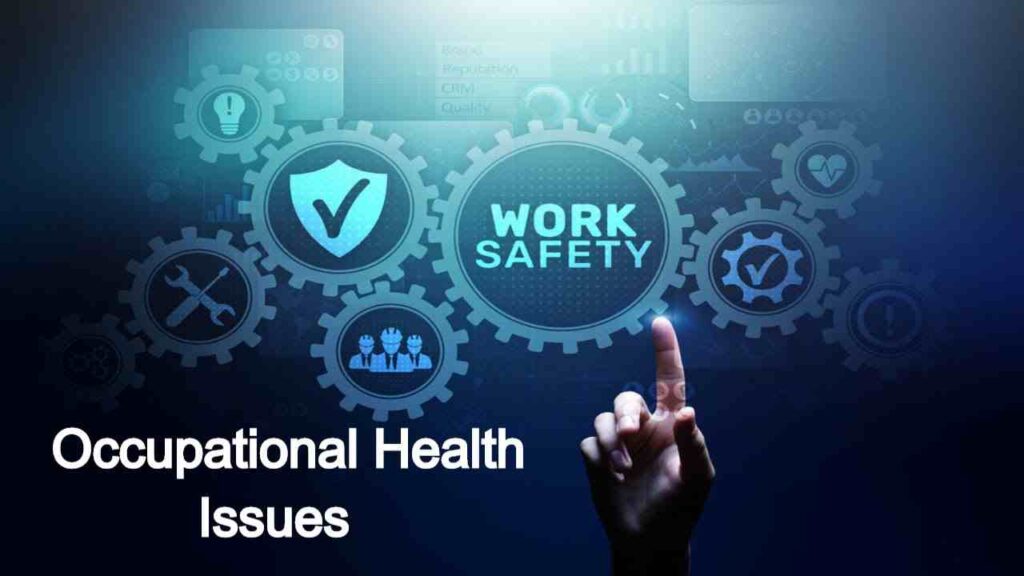
Cost Differences Between Residential and Commercial Cleaning
The cost of post-construction cleaning services can vary greatly between residential and commercial projects. Residential cleaning is generally more affordable due to the smaller scale and less intensive labor required. Prices usually reflect the square footage of the home and the complexity of the job. Commercial post-construction cleaning is typically more expensive because of the larger spaces, specialized equipment, and higher staffing needs. The cost may also be influenced by industry-specific requirements, such as the need for deep sanitization or compliance with health and safety regulations. Additionally, commercial projects may require multiple cleaning sessions to meet the necessary standards, further increasing the overall cost.
Staffing and Expertise Needed for Each Job
Residential post-construction cleaning typically requires fewer staff members and less specialized expertise. A small team of trained cleaners is often sufficient to handle the cleaning tasks in a home, with a focus on detail and thoroughness. On the other hand, commercial cleaning demands a larger team of professionals with specialized skills and certifications. Commercial projects, especially in industries like healthcare, manufacturing, or food services, may require cleaners trained in the use of industrial equipment, knowledge of safety protocols, and experience in handling hazardous materials. The size and scope of the commercial project usually determine the number of staff needed, as well as their level of expertise.
Frequency of Post-Construction Cleaning Services
The frequency of post-construction cleaning services also differs between residential and commercial projects. In most cases, residential post-construction cleaning is a one-time service that prepares the home for move-in. Once the debris and dust are cleared, the property is ready for occupancy with no need for recurring cleanings. In commercial settings, however, post-construction cleaning may occur in phases. Large projects might require an initial rough cleaning, followed by a more detailed cleaning as different stages of the construction are completed. Additionally, commercial properties often schedule ongoing cleaning services after construction to maintain cleanliness as the building becomes operational.
Choosing the Right Cleaning Team for Your Project
Choosing the right post-construction cleaning team depends on whether you’re dealing with a residential or commercial property. For residential projects, you’ll want a cleaning team experienced in detailed home cleaning who can handle tasks like dusting, vacuuming, and polishing. Their expertise should focus on creating a move-in-ready space for homeowners. Commercial cleaning teams, however, need to offer specialized services, including industrial cleaning, sanitation, and compliance with health and safety regulations. For commercial projects, it’s crucial to hire a company that has the proper certifications and experience with large-scale projects. Ensuring the team has the right equipment and expertise is key to a successful post-construction clean-up.
Conclusion
In conclusion, while both residential and commercial post-construction cleaning aim to prepare a space for use, the differences in scope, techniques, equipment, and regulations make each type unique. Residential cleaning focuses on creating a clean, comfortable home environment, while commercial cleaning often deals with larger, more complex spaces that require specialized equipment and expertise. Understanding these distinctions is crucial when selecting the right cleaning service for your project. Whether it’s a newly built home or a large commercial property, hiring a team with the appropriate skills and experience ensures the job is done efficiently and up to the necessary standards. By choosing the right cleaning service, you can ensure a smooth transition from construction site to a ready-to-use space.
FAQs
What is the main difference between residential and commercial post-construction cleaning?
Residential cleaning focuses on smaller, detailed tasks like dust removal and surface polishing, while commercial cleaning involves larger spaces and may require heavy-duty equipment and compliance with industry regulations.
2. Do commercial cleaning projects take longer than residential ones?
Yes, commercial cleaning generally takes longer due to the larger scale, more complex debris, and specialized cleaning requirements.
3. Are different tools used for residential and commercial cleaning?
Yes, residential cleaning uses basic tools like vacuums and mops, whereas commercial cleaning often requires industrial vacuums, and specialized equipment.
4. Is post-construction cleaning a one-time service?
For residential projects, it’s typically a one-time service. In commercial projects, multiple cleanings might be needed depending on the construction phase.
5. How do costs differ between residential and commercial post-construction cleaning?
Commercial post-construction cleaning tends to be more expensive due to the larger scope, specialized tools, and higher labor requirements.
